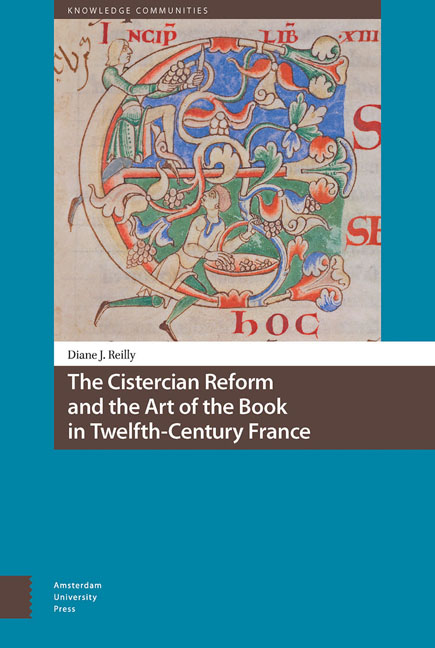2 - Jerome’s Legacy at Twelfth-Century Cîteaux
Published online by Cambridge University Press: 10 December 2020
Summary
No one who saw the prophets described with verses would think that they were bound by metre in Hebrew, and similarly with the Psalms or works of Solomon. But they are inscribed with colons and commas, as in Demosthenes and Tully, who certainly wrote prose and not poetry. We, for the utility of the readers, have distinguished the new translation with a new manner of writing. But first it should be known about Isaiah that his speech was fluent, indeed that he was a man of noble and urbane eloquence, with no touch of the rustic. Therefore more than with others, translation could not preserve the flower of his speech.
Hours before daybreak on the first Sunday of Advent, the first sentences penned by Jerome to serve as a prologue to his translation of the book of Isaiah rang out in the cold night air of the Cîteaux choir. The liturgical year had begun. For the next twelve months, the monks who sang, and the lay brothers and novices who listened, would traverse biblical time, reordered according to a liturgical framework. As we saw in the previous chapter, on the first night of Advent, monks took turns cantillating first Jerome's prologue, then the first three chapters of the book of Isaiah itself, followed by a homily they attributed to John Chrysostom on the twenty-first chapter of the Gospel of Mark. These readings, the liturgical antiphons and responsories that framed them, and the Gospel pericopes with which they were grouped in the Night Office, all worked in concert to foster in the listeners a synthetic understanding of the feast. Over the next several nights of Advent, and each day in the refectory, the monks continued to read the book of Isaiah, though for shorter periods, completing the first four chapters in time to begin chapter five, as assigned by their breviary, on the second Sunday of Advent. By the fourth Sunday of Advent, they had nearly reached the end of Isaiah, chapter 51. This temporal journey had begun with Jerome's meditation, above, on the challenges of translating Scripture.
- Type
- Chapter
- Information
- Publisher: Amsterdam University PressPrint publication year: 2018



